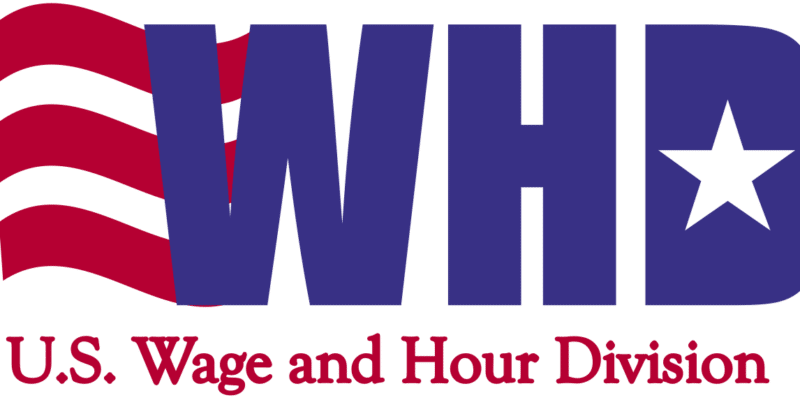Agency: Wage and Hour Division
Date: August 4, 2022
Release Number: 22-1562-DAL
Department of Labor finds errant pay practices hurt workers jointly employed
NEW ORLEANS – The U.S. Department of Labor has found that the wages of hundreds of painters and drywall workers employed by a Louisiana contractor on construction projects, including work at New Orleans’ Superdome, were tackled for a loss when their employer misclassified the workers as independent contractors, a common industry violation.
Investigators with the department’s Wage and Hour Division found that PL Construction Services misclassified its workers as independent contractors. Many of the employees worked on projects involving Lanehart Commercial Painting – operating as Lanehart – including work at the Superdome. PL Construction Service paid the misclassified workers straight-time rates for all hours, including those over 40 in a workweek which violated the Fair Labor Standards Act’s overtime regulations. They also failed to maintain complete and accurate records of hours their employees worked, another FLSA violation.
The division determined that during the investigation period, a joint employment relationship existed between PL Construction Services and Lanehart for workers employed on Lanehart projects. Among other factors, they found the following conditions:
PL Construction Services employees worked almost exclusively for Lanehart.
At work sites, Lanehart supervised PL Construction Services’ workers, determined the number of workers needed and when, and kept records of hours PL Construction Services’ employees worked.
PL workers’ labor was essential to Lanehart’s operations and occurred on Lanehart’s projects.
The investigation led to the recovery of $246,570 in overtime back wages for 306 employees. Lanehart paid $199,342 to 243 employees for which the division found them jointly liable. PL Construction Services paid the remaining balance of $47,228 to 76 employees.
PL Construction Services LLC is based in St. Rose, and Lanehart Inc. is based in Baton Rouge.
“Too often we find workers denied wage protections such as the right to overtime pay and other benefits – including unemployment insurance, workers’ compensation and health insurance – by employers who misclassify them as independent contractors,” said Wage and Hour District Director Troy Mouton in New Orleans. “Our investigation shows the costly consequences employers face when they or their subcontractors fail to comply with the law. When we determine a joint employment relationship exists, the Wage and Hour Division will hold all responsible employers accountable for the violations.”




